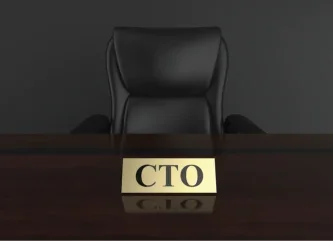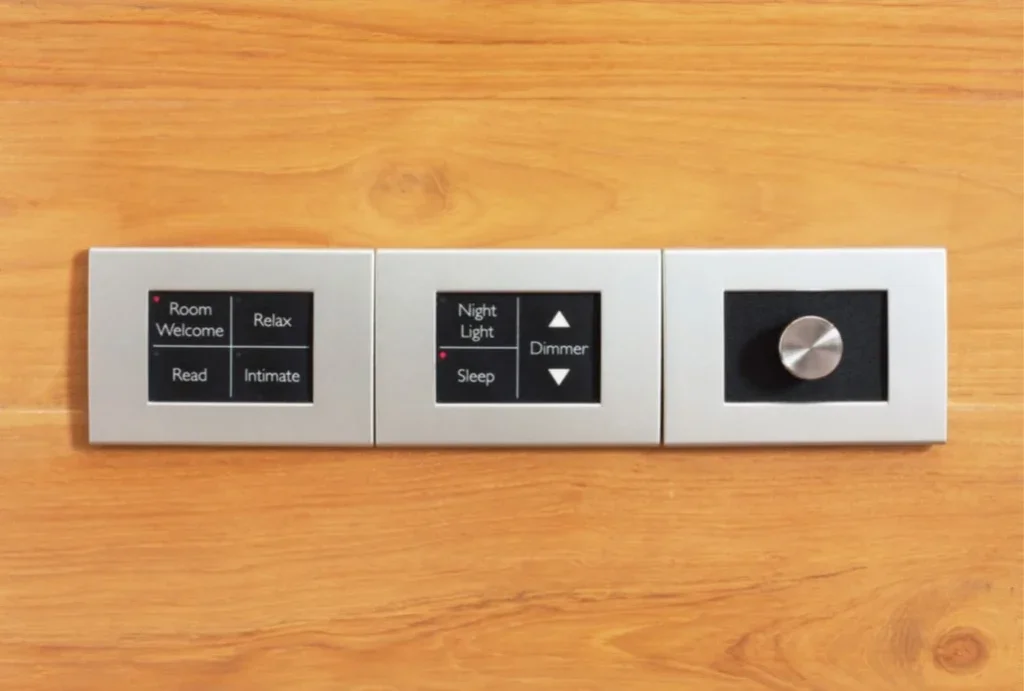
In an age where the guest journey is intrinsically interwoven with technology at every step, the role of the chief technology officer (CTO) in the hospitality industry has never been more vital.
Of course, when I say CTO, they might not be called a CTO – other terms include technology director, IT manager and so on. But their fundamental responsibility, that of overseeing and managing technology in the hotel, is the same. It’s a crucial duty. And yet, despite that, the importance of the role is, if not necessarily overlooked, then often underappreciated. Looking at the prevalence of technology in the industry though – I can’t fathom why.
At a basic level, hospitality hasn’t changed much. You go to a hotel, you check in, you stay in a room with a bed and a bathroom, you sleep, you use the bathroom, you checkout, you leave. You may or may not engage with the hotel’s F&B services within that time frame, but, either way, the process of staying in a hotel is as similar in principle to what it was 50 years ago – if not 100.
We all know though that, in reality, much of the hospitality experience has changed. And that’s down to technology. Let’s take a look at its many, many touchpoints.

When asked to describe the guest journey, Google maps it out as the following:
- Dreaming: this is where prospective guests browse social media or a hotel website and ‘dream’ about a stay at your hotel. Either thanks to escapism or with an actual interest in booking.
- Planning: this is, again, the website, or often OTAs where people are trying to map out dates and availability to ensure it works for them.
- Booking: where the guest is committed and keen to go ahead. From the online booking engine to the property management system, to upselling tools – technology is involved throughout.
- Experiencing: this is where the guest is physically present in the hotel, but technology still plays its part. From EPOS to loyalty programmes, to guest facing apps – technology is highly prevalent.
- Sharing: this is post-stay, where the guest is keen to share their experience with others. This can be via social media (often triggering the dreaming phase in others), but also includes review platforms such as TripAdvisor and Google.
The above examples of the technological input barely touch the surface. Throughout the process – from dreaming to sharing – technology plays a pivotal role in shaping the guest experience, and it is the CTO who orchestrates this seamless integration behind the scenes.
The evolving role of the CTO
Gone are the days when the technology expert was merely the ‘printer fixer’. Now (sensibly) we’re told not to print to save the environment. By contrast, today’s technology specialists – namely the CTO – is a strategic visionary, a commercial tactician and a collaborative leader who ensures the smooth operation and success of the entire establishment.

Collaboration and board representation
The value of the CTO extends far beyond technical expertise. They are collaborative partners who understand the broader implications of technology decisions on the business. A recent example that I was privy to highlighted the indispensable nature of the CTO.
Faced with potential redundancy, one CTO orchestrated a ‘critical incident’ at their property. Not a genuine incident, but a manufactured one, it underlined just how crucial their role was – especially in the event of an emergency. The risk of redundancy swiftly disappeared as the CTO was able to demonstrate their worth. But imagine what would’ve happened if they hadn’t?
The hotel could very well have been left ruing poor decision-making that had a serious knock-on impact. I’m a firm advocate of the necessity of having a CTO represented on the board, as they can highlight pitfalls that others simply don’t see. Of course, I don’t necessarily advocate this CTO’s approach, but it demonstrates their value perfectly.
Technology touchpoints across the guest journey
It’s worth outlining the technological aspects of a modern hotel once more to underline these potential pitfalls. From marketing and reservations to guestfacing applications and infrastructure. Websites are effectively the digital shop window, while reservation systems, payment gateways, and property management systems streamline booking processes.
Guest-facing apps facilitate in-room requests and enhance the in-room entertainment experience. All of these are powered by sophisticated technology that, fundamentally, is orchestrated by the CTO. Issues affecting these can cause serious inconvenience for guests – if not be downright catastrophic for the guest experience. Having the expertise on hand to manage these well then is crucial.
Knowledge and understanding
Speaking of expertise, the modern CTO is expected to possess a deep understanding of complex technological advancements – from robotic process automation (RPA) to machine learning (ML) and artificial intelligence (AI). Their expertise spans cybersecurity, compliance and data analytics, ensuring the seamless operation of diverse systems, while also anticipating and mitigating potential challenges. It’s an enormously complex role.
Balancing technology with guest choice
While technology has revolutionised the hospitality industry, guest preferences remain diverse. Despite the prevalence of digital innovations, guests often seek traditional hospitality experiences. This dichotomy underscores the delicate balance that the CTO must strike, ensuring that technology enhances rather than detracts from the guest experience, offering choice and flexibility at every touchpoint. Without a CTO to manage that balance, the scale can tip, with too much technology in place or, conversely, too little.
The financial impact of technology decisions
Beyond enhancing guest experiences, technology decisions made by the CTO have significant financial implications for hospitality businesses. The return on investment (ROI) of a good CTO extends beyond tangible metrics to encompass customer satisfaction, operational efficiency and long-term sustainability. By leveraging technology effectively, businesses can optimise revenue streams, streamline operations and gain a competitive edge in the market. Put simply, it makes financial sense to employ a CTO and, more than that, put them on the board.
Mitigating risks and ensuring compliance
In an era of increasing cybersecurity threats and regulatory requirements, the CTO plays a crucial role in safeguarding guest data and ensuring compliance with industry standards. From implementing robust cybersecurity measures to adhering to data protection regulations such as GDPR and PCI DSS, the CTO’s expertise is instrumental in mitigating risks and protecting the reputation of the business.
Harnessing innovation for competitive advantage
Innovation lies at the heart of the hospitality industry, and the CTO serves as the driving force behind technological advancements that differentiate businesses from their competitors. Whether through the implementation of cuttingedge technologies or the adoption of industryleading practices, the CTO empowers businesses to stay ahead of the curve and meet the evolving needs of guests in an increasingly digital landscape.
Empowering employees through technology
Technology not only enhances the guest experience, it also empowers employees to deliver exceptional service. From streamlined communication to intuitive training platforms, the CTO helps to ensure employees have access to the tools and resources they need to excel in their roles. By investing in employee training and development, businesses can cultivate a culture of innovation and excellence that ultimately benefits both guests and employees alike.
Conclusions on CTOs
The hospitality industry is a dynamic landscape, and the role of the CTO has evolved significantly from technical specialist to strategic leader. Their influence permeates every aspect of the guest journey – from initially dreaming about an enjoyable break away, to sharing cherished memories of a relaxing experience. As technology continues to shape guest expectations, the CTO remains a linchpin, driving innovation, collaboration and guest-centricity. So, let us acknowledge and appreciate the immeasurable value of the CTO in shaping the future of hospitality – and let’s ensure they’re given proper representation to make their voices heard.






